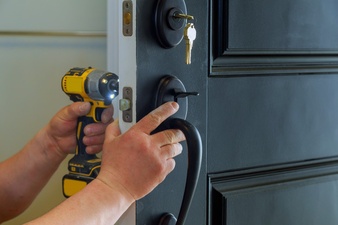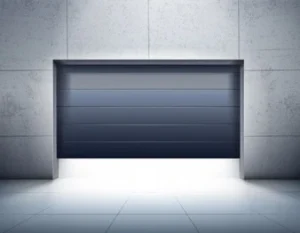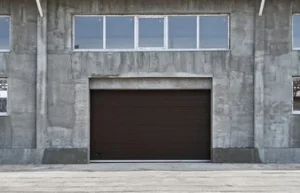It’s easy to get caught up in the excitement (or stress!) of moving into a new home, and forget all about the fact that someone else used to live there, and may still have the keys to gain access at any time.
Wherever you’re moving to, and whatever type of home you’ve bought, keeping it, you and your family, and your belongings safe, should be at the forefront of your mind when you first relocate. The best way of ensuring that you don’t make it easy for someone to enter your home when you’re not there, or are upstairs sleeping, is to have the locks on both the doors and windows, changed by an experienced, licensed locksmith. Once that has been done, you can focus on improving all other areas of your new home’s security.
Below are some of the options available to you when changing the locks of your new home:
Electronic locks
Electronic locks are certainly convenient, and many modern homeowners are choosing to upgrade to them for that very fact, but it’s important to remember that while they do make use of the latest in technology, they are not necessarily any more secure than a high security lock – in fact, they may not offer enough protection if you live in an area vulnerable to crime.
While these locks undoubtedly cost more, they are absolutely worth the investment if you want to give your new home the protection it deserves, and provided you have them installed by an experienced, residential locksmith, they will give you long lasting security and peace of mind.
Are your doors sturdy enough?
It’s one thing to replace the locks on the doors in your new home, but if the doors themselves aren’t robust enough, a determined thief could simply hack their way through them to get inside. Doors with a solid core offer the best protection, and are usually impenetrable to the majority of thieves and intruders, no matter how hard they kick or ram them.
Before having the locks replaced in your new home, have a locksmith assess the doors, and if necessary, upgrade them to stronger ones. Note that every time a hole is drilled into a door – such as to replace a lock –the door becomes weaker, especially if it’s hollow, and that the level of protection it gives, becomes much less.
Consider rekeying
It might be that the locks on the doors in your new home are expensive or aesthetically appealing, and you may not want to change them. If they are string and pass a locksmith’s inspection, you could simply have them rekeyed instead. Once every lock has been rekeyed by a professional locksmith, only the new key will be able to open them.
When you first move into your new home (or ideally, before you move in), it’s always a good idea to consult with a residential locksmith, who can assess the security of the property from every angle, and suggest upgrades and improvements as required.




